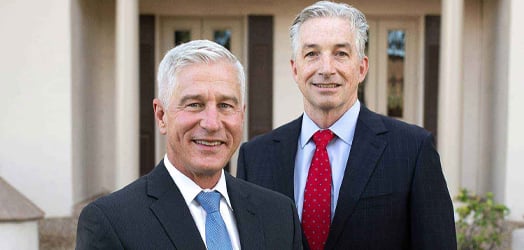It might well be true, as intoned in one adage, that “music soothes the savage beast.”
Does it soothe your doctor, though?
More specifically, does it contribute to collectively calming the nerves of a surgical team during an operation and help surgeons, nurses and other team members focus optimally on the important tasks at hand involving a vulnerable and dependent patient?
The evidence regarding that question seems mixed. While it is being further discussed and sorted through, a patient in a Maricopa County hospital or elsewhere who is scheduled for surgery might want to formally request that his or her surgical team nix the tunes and just focus entirely on the body parts.
Interesting research results recently published in one medical journal point to impaired communications among surgical team members when music is being played during an operation. Researchers’ videotaping of 20 surgeries and about 35 hours of film revealed “qualitative evidence of tension or frustration” among team members.
Unsurprisingly, and given the strongly entrenched hierarchy within the medical profession, researchers found that lead surgeons dictated in most instances whether music would be played during an operation. Challenging such a decision can obviously be stressful for a junior team member.
So, too, can be effectively communicating over the noise, noted the study. Notably, researchers found that team members sometimes jacked the volume up on especially popular songs.
A central study recommendation concerning surgical theater music is quite simple and straightforward, namely this: The decision to play music should never be unilaterally made. Rather, a full and candid discussion regarding the matter should precede a surgery and be participated in by all surgical team members.
Music is a powerful force. When used in an operating room, it should contribute to clarity and focus, not elevate the risks for surgical error.


